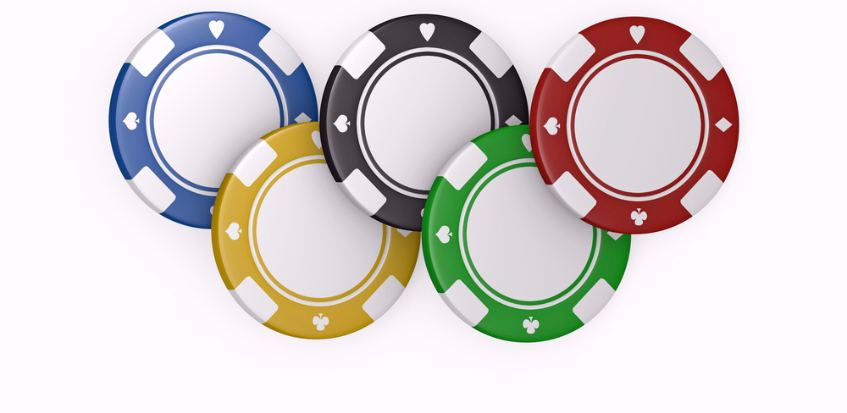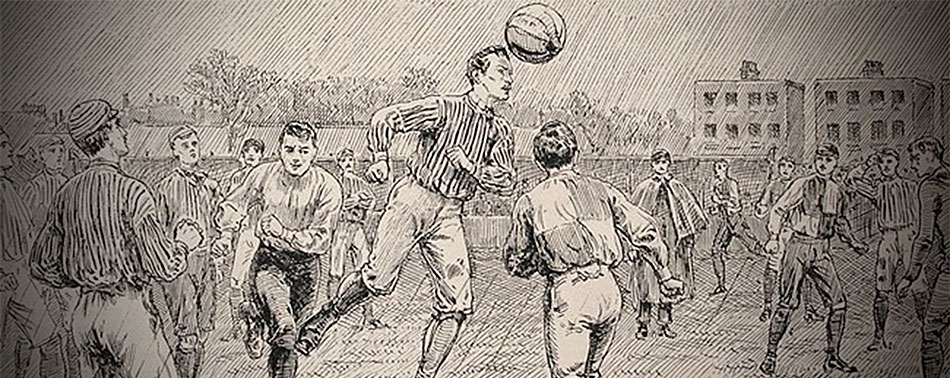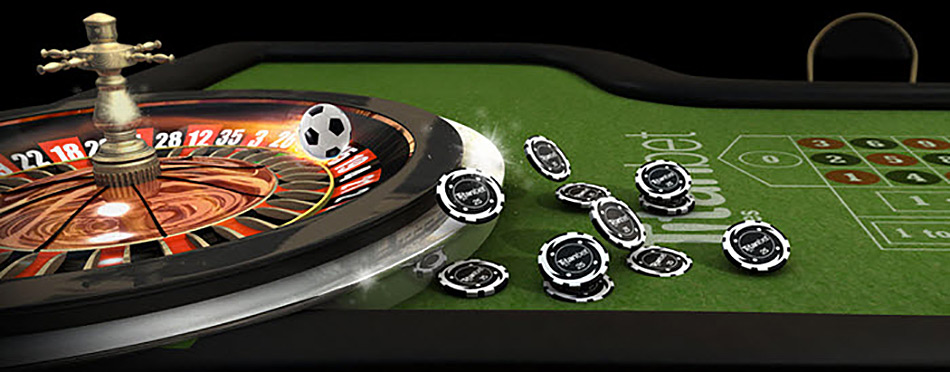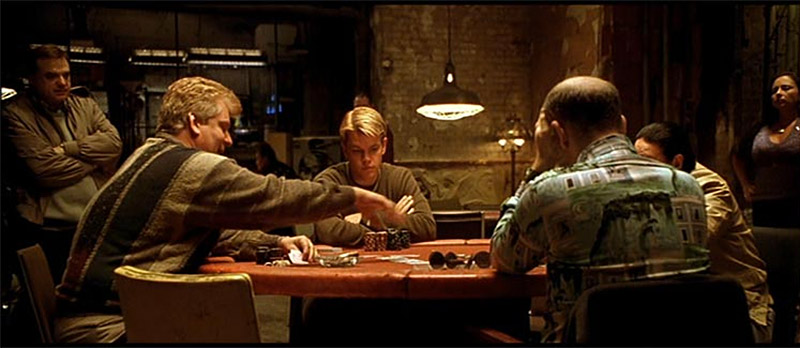
The exact nature of poker has been the subject of a lot of debate ever since it was first played almost two centuries ago. Some people consider it a game of pure skill, while others see it as nothing but a game of chance, similar to the ones you play at casinos. And the locations where poker was usually played does have its part of the blame in this "double standard" - even today, most of the biggest poker tournaments are held in casinos.
But there is one version of poker that falls outside this mixup, one that is "pure" enough to be considered to be included in the Olympic circuit. It's called Match Poker, and it's nothing like when you challenge the dealer in a game of skill and strategy with Vegas Palms online poker - except for its rules.
What is match poker?
Here is the official definition of match poker, as sanctioned by the International Federation of Match Poker:
Match Poker is a team sport incorporating regular Texas Hold’em (albeit typically with a pot-limit pre-flop and no-limit post-flop structure).
The goal of creating this game was to reduce the element of chance inherent to any poker game due to the random order of the cards in a deck, and make sure it's the players' skill and not blind luck is the decisive factor in the game. All sports contain an element of chance - like the unpredictable bounce of a ball or a mishap of any other kind that can totally alter the outcome of a match - but in poker, this was a bit too strong for the tastes of the international sports community. But as SportsAccord stated that chance should not be integrated into the core of sports, a new version of poker - Match Poker - was devices by the IFMP, meant to gain poker the recognition it deserves as a mind sport.
How is match poker played?
Match poker is played by teams that are split into different tables - each team will have one member at each table, at different seat positions. Players start each game with an equal number of chips. What they also have is a digital device, similar to a tablet computer, which serves as their "hand" - their cards are dealt with this device, and the community cards are also shown on a similar one. Each player position at each table will get the same hand (meaning that the player in seat 1 will get the same hand, no matter which team he or she is part of), and each table will get the same community cards. And as the hands are played out, each team is ranked by the total number of chips they have. The match goes on for a predetermined number of hands, and when these are done, the team with the most points wins.




